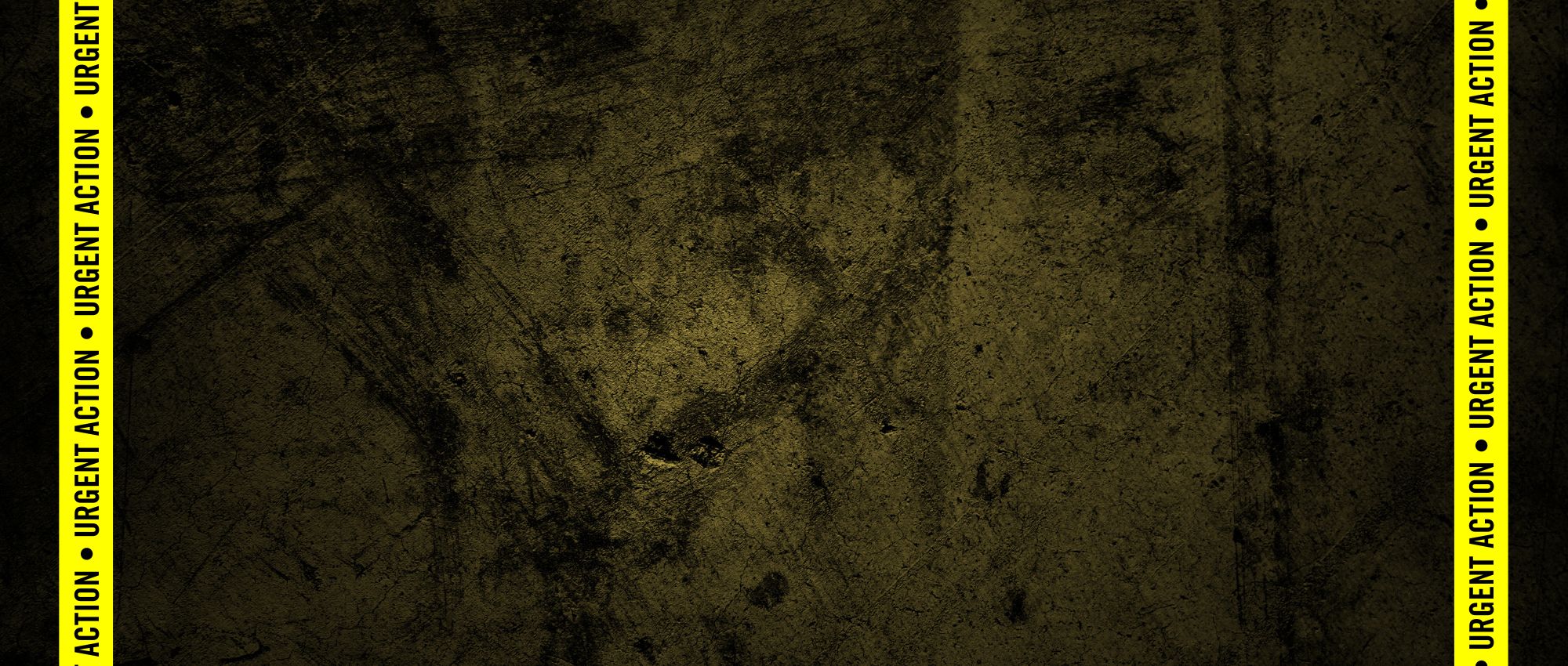DOWNLOAD A PDF OF UA 45/21 HERE
Between 2020 and April 1st, 2021, Denmark has revoked or not renewed the residence permits of 380 Syrians, claiming that certain parts of Syria (Damascus and the Rif region) are “safe.” While many of them are waiting for their cases to be decided in appeal, 39 Syrians have already been put in a “return position,” meaning that they are at risk of being returned to Syria. Amnesty International believes that any return to Syria would be a violation of the international obligation of non-refoulement, which prohibits states from transferring people to a place where they would be at real risk of serious human rights violations. The cessation of hostilities in certain areas of Syria does not mean that people can safely go back. Amnesty International has exhaustively documented the continued human rights violations taking place in Syria, including arbitrary detention, torture, and enforced disappearance.
Please ask the Minister of Immigration and Integration to:
- Take immediate steps to ensure the continued protection of all Syrians residing in Denmark, including those who have temporary residency permits.
Write to:
Mr. Mattias Tesfaye
Minister of Immigration and Integration
Slotsholmsgade 10
1216 København
Denmark
Email: uim@uim.dk
Salutation: Dear Mr. Tesfaye
Please copy:
Her Excellency Hanne Fugl Eskjaer
Ambassador for Denmark
47 Clarence Street, Suite 450
Ottawa, Ontario K1N 9K1
Fax: 613 562 1812
Phone: 613 562 1811
Email: ottamb@um.dk
Additional Information
Against the backdrop of contested country-of-origin reports on the situation in Syria, the Danish Immigration Service and the Danish Refugee Appeals Board consider Damascus – and from February 2021 also the rural Damascus region – “safe” for returns.
By April 2021, at least 39 Syrians who fled the armed conflict in Syria have received a final decision on their case and have been put in a so-called ‘return position’ in Denmark – meaning that they are at risk of being deported if Denmark re-establishes diplomatic ties with the Syrian regime. 30 days after the denial of asylum, revocation or non-renewal of their residence permits, Syrian refugees will be placed in return centers where they are unable to work or study. Denmark does not have any diplomatic ties with the Syrian regime and cannot carry out deportations. According to the Danish Aliens Act, the Danish authorities could use “motivation-inducing” measures – including detention – to “motivate” foreign nationals without regular migration status to “voluntarily” return.
Amnesty International is deeply concerned that Syrians without residence permits will face serious restrictions, possibly including detention, to “incentivize” their “voluntary” return to Syria. As people are placed in return centres without access to work or education, the conditions imposed by the Danish government leave them with little alternative and might pressure them to return. Amnesty International believes that stripping individuals of their regular migration status, job and education, imposes on them conditions that pressure them to return to Syria. This is a violation of the international law obligation of non-refoulement, which prohibits states from transferring people, directly or indirectly, to a place where they would be at real risk of serious human rights violations.
Danish Immigration authorities are using the current absence of hostilities in Damascus and the Rif-region as a justification to either revoke or refuse to renew residency permits. According to Amnesty International’s documentation, residents from Damascus and the Rif-region would still face a real risk of persecution or other serious human rights violations upon return – regardless of the absence of conduct of hostilities – and are therefore still in need of international protection.
Amnesty International is currently conducting research on violations against Syrian refugees who have returned to Syrian government-controlled areas, including to Damascus. Our research to date shows that civilians returning to their place of origin in government-controlled areas are requested to go through a “security clearance” involving interrogation by Syrian security forces. Amnesty International considers these forces to be responsible for widespread and systematic human rights violations and abuses constituting crimes against humanity, including the use of torture, extrajudicial executions and enforced disappearances.
In 2019 the Danish government introduced a so-called “paradigm-shift” in its immigration and refugee policies. The focus changed from supporting integration to emphasizing the hoped-for short duration of protection and using all measures to effect return at the earliest opportunity. Part of the shift was to grant temporary residency permits to refugees in need of protection instead of the permanent status previously granted. In December 2019 the Danish Refugee Appeals Board ruled to deny asylum to three Syrian nationals from Damascus, stating that the individuals were not at risk of persecution due to the “general conditions” in the area.[1] The Board partly based its decision on a report from the Danish Immigration Services of 21 February 2019, according to which Syrians from Damascus were not at risk from ‘general violence in Damascus’.[2] Against this backdrop, the Ministry of Immigration and Integration decided in June 2020 to accelerate the review of residency permits of around 900 refugees from Damascus that had been given temporary protection status due to the general violence in Syria.[3] Since February 2021 this decision has now been extended to also include people from Rif-Damascus.
<><><><><><>
If you want Updates on this case, send your request to urgentaction@amnesty.ca with “Keep me updated on Syrians in Denmark” in the subject line.
<><><><><><>

























